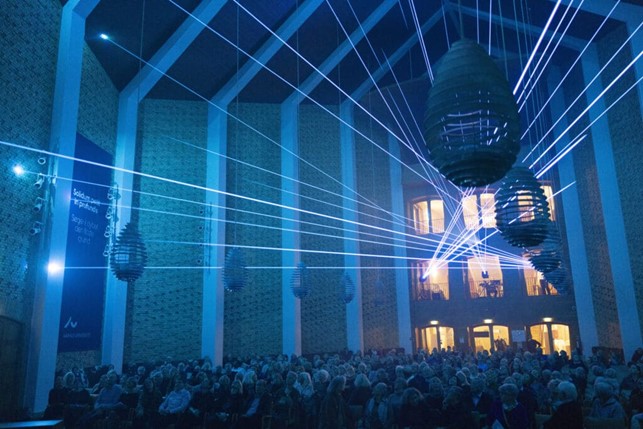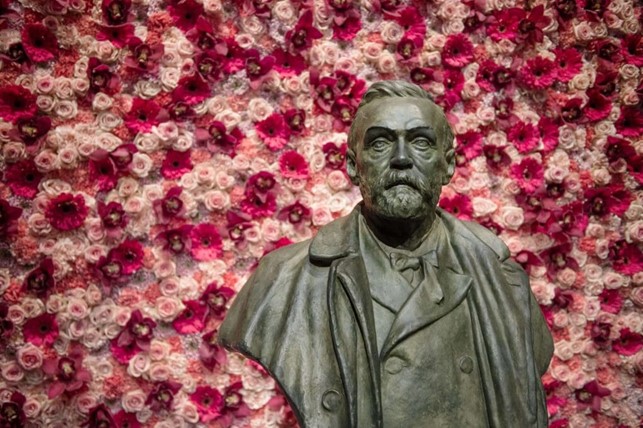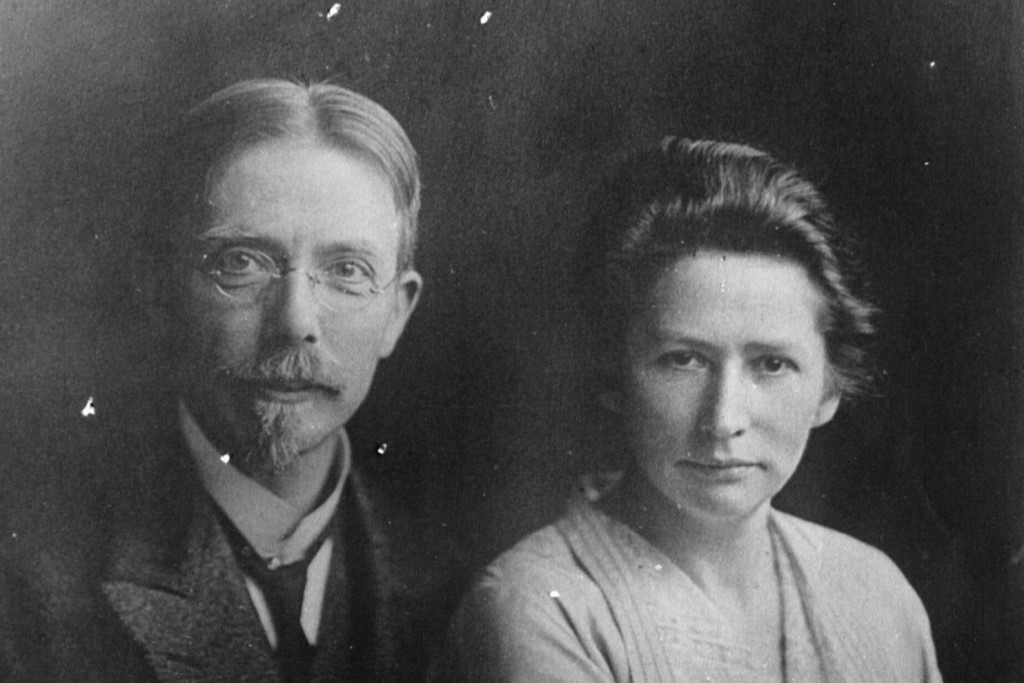The award-winners three tips to improve communication
Three tips for better communication

Michael Bang Petersen, recipient of The Research Communication Award 2022, presents his three best tips on how to communicate research.
The media demand short, concise answers from scientists when they participate in interviews. But how do you boil down many years of work and large amounts of detailed knowledge to a few simple messages – without compromising too much of your professionalism?
Professor Michael Bang Petersen from Aarhus University has had ample opportunity to practice exactly that. For the past two years, sometimes almost daily, he has given countless interviews to virtually every media in the country, updating us all on public support for the actions taken by the authorities against corona.
Now Michael Bang Petersen is being honoured for his public information effort with The Research Communication Award 2022, awarded by the Minister of Higher Education and Science Jesper Petersen. The award comes shortly after the Aarhus-based professor was decorated by HM The Queen with a knight’s cross of The Order of Dannebrog.
So, what has the experienced and award-winning professor and member of The Royal Academy learned about communication – and what is his advice to other scientists who want to speak briefly and clearly without violating their professional knowledge?
The Academy of Communication – a major course program under The Royal Academy, where researchers are trained in disseminating their knowledge to the general public – has asked Michael Bang Petersen to give us his three best communication tips.
Generally speaking, he says, it is about being prepared and being conscious of what you are doing:
1. Tell the journalists what to ask
“Often, researchers just answer the questions, they are asked. But you should be aware that you are not only an expert on your own research but also on what the relevant angles are. That is why you must take control of the interview situation. In this way, you can help the journalist to tell the best possible story.”
“Basically, it means that you should not only answer the questions, you are asked, but also answer the questions you should have been asked – as long as you stay within the terms of the interview, of course.”
2. Don’t stop thinking scientifically when you are communicating
“When I am interviewed, I always make sure to refer to some data or other concrete knowledge. You could say that I think in references: ‘There are some studies that show…’”
“This is important for two reasons: First, it ensures that you have support for your statement if you are asked about it in more detail later. Secondly, it forces you to stick to the professional approach.”
3. Acknowledge the uncertainties
“Many people are nervous that they will undermine their own authority if they talk about the uncertainties and unknown factors that are present in most research. They worry that the audience will think: ‘Oh well, he or she doesn’t actually know that’. But that is not the case. In fact, some communication research shows the opposite to be true: If you are open and honest about everything you do not know, it increases your credibility.”
“Of course, you should not just throw out your arms and declare ‘I don’t know’. You must point out what the uncertainty more precisely consists in, how big it is, etc. People can relate to that.”
The Academy of Communication thanks Michael Bang Petersen for the good advice. If you are a researcher and would like to improve your science communication on many different platforms, then the next course will start in the fall of 2022.
Admission criteria and application deadlines for the free offer from The Royal Academy will be announced here shortly.


